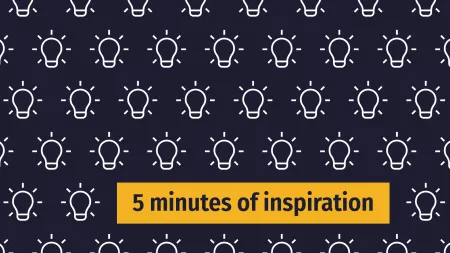Local folk songs about rights and accountability were one of the most successful innovations in CARE’s Journey for Transparency, Representation, and Accountability (JATRA) project. Those songs helped 15% of voters get involved in the open budget process—3 times more than the government requires.
JATRA was funded by the World Bank for $664 thousand dolllars, and reached 30,000 people.
What did we accomplish?
- Got more people involved in budgeting: 15% of voters participated in the Open Budget Process, 3 times more than the legal requirements.
- Got budgets to focus on the poor: Nearly 55% of budget requests in the Open Budget process came from the poorest people, and nearly 25% of budget is now allocated to meet their needs.
- It’s easier for officials to do their jobs: This process costs less than 1% of a budget audit, and feels much more constructive for everyone. Local officials now feel that they are better able to do their jobs and respond to requests from the people they are supposed to serve.
How did we get there?
- Use the Community Score Card: The project ran 36 community score card processes and 64 social audits to get communities involved with service providers.
- Be creative with messages: The project got community members to write and perform folk songs about participating in the budgeting process—and reached 70,000 people with information about their rights and social accountability.
- Give communities a platform: JATRA worked with Citizen Forums, where poor and marginalized communities nominated champions to get involved in budgets.
- Help people learn from each other: JATRA got communities and government officials together so they could exchange information and viewpoints. They also organized learning exchange visits between communities so people could learn from early adopters and innovators.
- Build on previous success: This project built on the SETU project and worked in the same areas so that it could create even bigger impacts for the funding available.
Want to learn more?
Check out the final evaluation.
